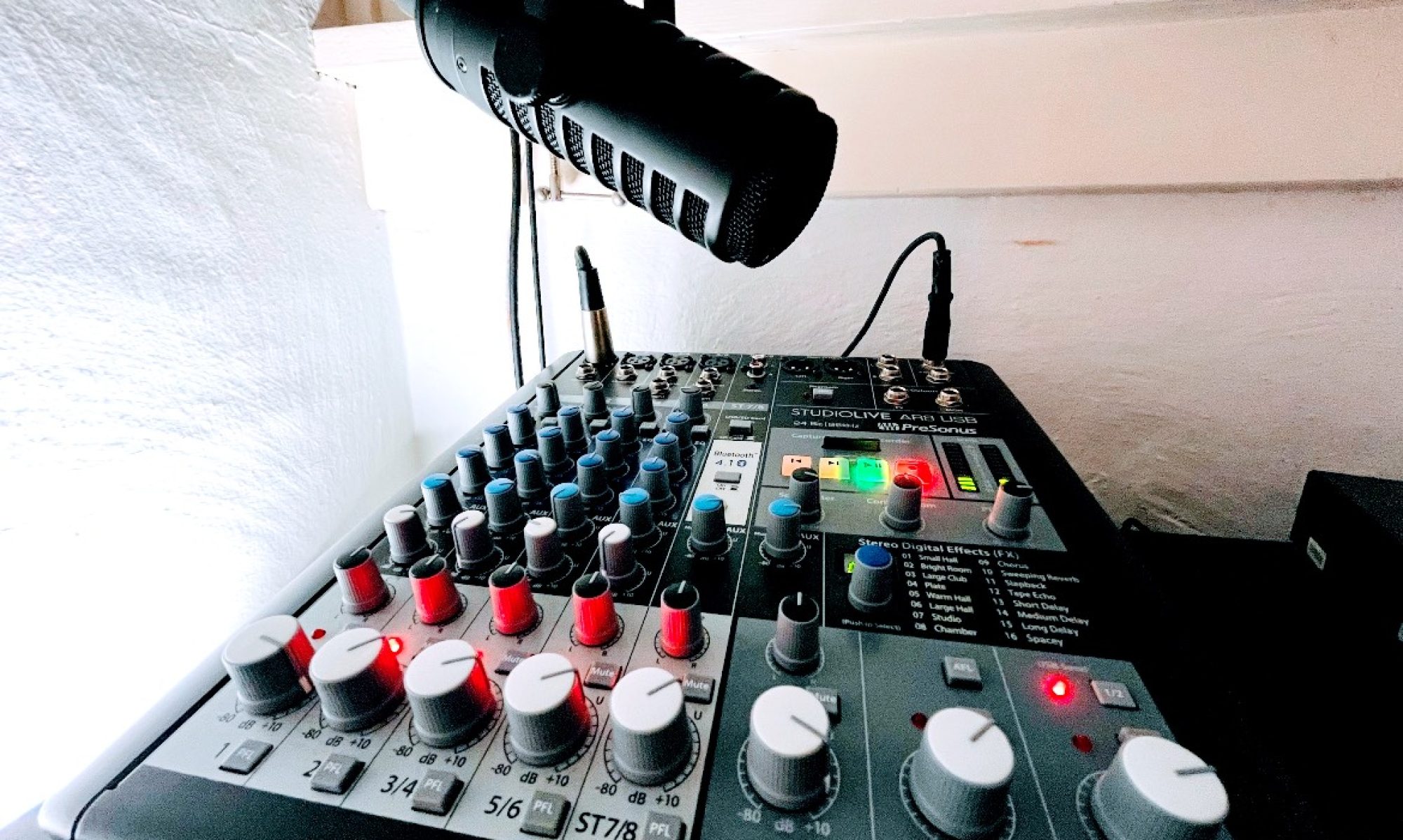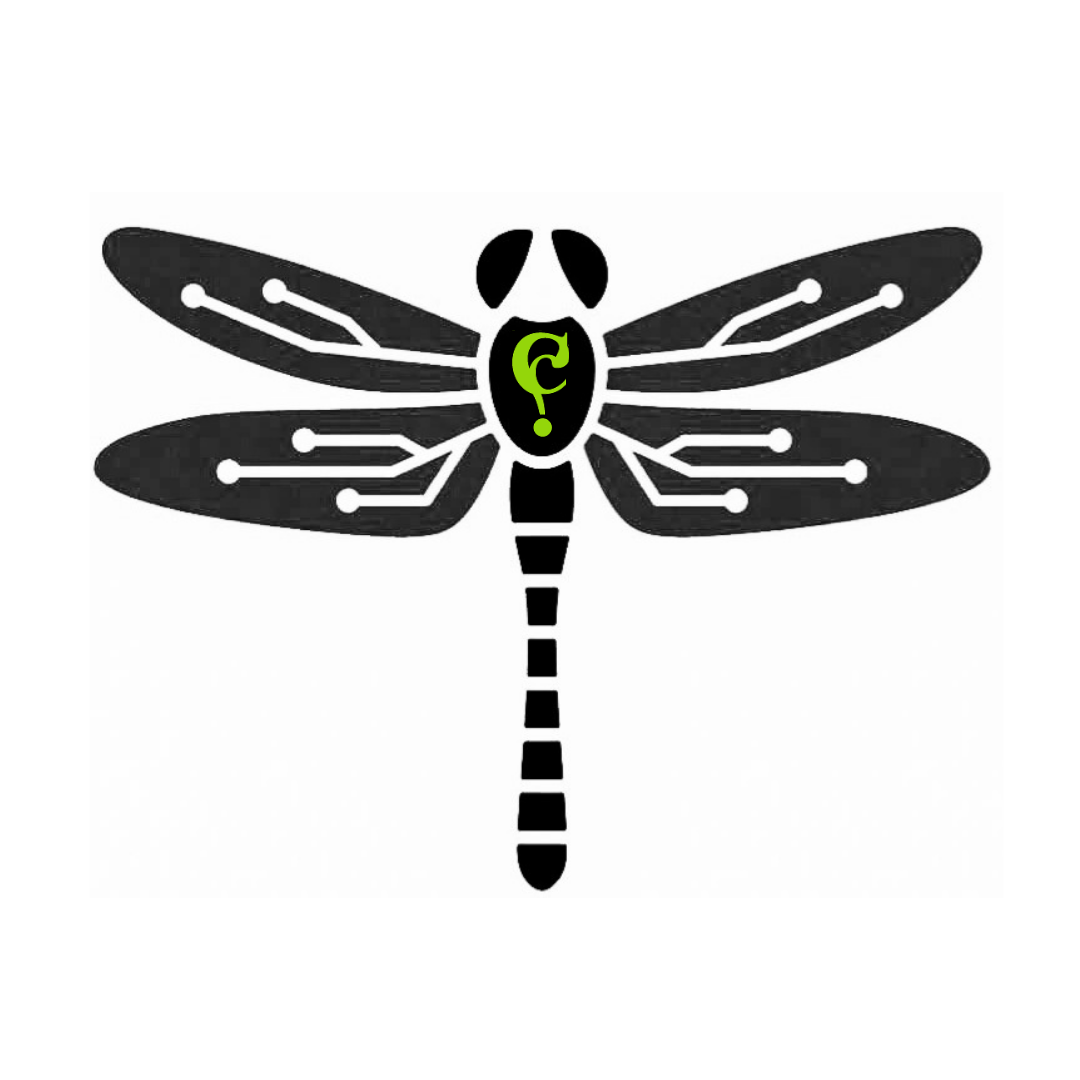We all are born with curiosity.
Children ask why, how and when, among many other questions. However, as we grow, we shift from curious learning to knowing and, as an adult, we can reach a learning plateau. We feel good to get to a point of understanding and knowledge but begin to lose our curiosity. We find it easier to live as the expert who knows than the student who grows. Sure, sometimes we are forced to learn, but often the intentional work to dig in and stretch our perspectives and reach new depths of learning can slow as we tip from curiosity to knowing.
As the world shifts into Industry 4.0, curiosity and learning are essential. The speed of change creates constant innovations, thereby requiring the ability to learn and adapt. The person who knows and tells but lacks the humility to be curious, learn and grow will find themselves irrelevant and lacking critical skills and perspectives needed to thrive in the modern era.
To renew and develop your curiosity, let’s consider what shuts down curiosity, the benefits of curiosity and how to cultivate curiosity.
Curiosity Shutdowns
Two of the biggest factors in curiosity shutdowns are thinking we know everything already and having an unchecked ego.
Knowing
Curiosity is shut down when we think we know all the answers and need to be the expert. Instead of fostering a culture of curiosity, we foster competition to be experts. When we know, the learning is done.
Are you shutting down curiosity in yourself and those around you? Reflect on these questions:
• Would I rather mentor/teach or be the student?
• Do I fight to interrupt? Feel the need to correct information? Or simply wait to interject my knowledge into a conversation?
• Do I need to be right and struggle when made to feel wrong?
• Do I feel like I must be competent and know how to add value or be a useful contributor?
• Do I struggle when I do not know something (i.e., feel stupid, incompetent, etc.)?
• Do I focus more on what is going on for me than being curious about what others are thinking or experiencing?
• Do I have a genuine desire to learn from others and understand their perspective and worldview?
• Do I silently judge those who “don’t know”?
• Do I withhold information to be “the one who knows” while others struggle to learn or discover?
Ego
The ego wants to know, be competent and safe. We find safety when we know and have a level of power from knowing. Not knowing can make us feel vulnerable or small. This is what makes curiosity hard. Our ego is not curious. To become more curious, we must become aware of our ego and how it shuts down curiosity. Here are a few ways to overcome ego:
• See others as a mirror who have a new or different perspective to learn from.
• Be open to what you do not know. Enjoy asking questions to understand how others see the world.
• Create a safe space to be curious and ask any question. In this space, there are no bad questions and no need to be perfect.
• Be humble and acknowledge the brilliance of others. Seek to learn from them.
Benefits Of Curiosity
Rebuilding your curiosity and a culture of curiosity is difficult but worth it. Here are some benefits:
• An environment where curiosity is encouraged and allowed is a playground for creating new things, discovering new solutions and uncovering different and possibly better ways to do things. It gives people permission to fail and to learn when things don’t work out.
• Places where people feel unleashed to try things and be themselves are highly attractive. People feel happier and freer knowing they are not going to get in trouble for taking a risk. A space of freedom, joy, laughter and excitement attracts others who are also creative to the playground.
• When the brain can be curious and explore different ideas and avenues, it begins to make new connections. We see things that we did not see before. It has a snowball effect on brainstorming and expands our ideas.
Creating Curiosity
So, how do we cultivate more curiosity in ourselves and others? It starts with you and will flow to others. Here are a few practical ideas:
• Observe. Watch an animal explore their surroundings and you’ll see how they patiently sit and observe. Curiosity requires stillness and slowness, too. Use your senses to smell, touch, taste, etc. Move up close. Don’t try to observe everything from one spot or one perspective. Take time to be present in the environment. Curiosity requires study and wonder.
• Ask questions. Notice how many questions you ask versus how many you answer. Challenge yourself to ask two or three questions before sharing your thoughts. Take time to understand a few layers deeper and check assumptions before responding.
• Expand your sources. Make a habit of talking to others with different beliefs or listening to perspectives different than our own. It helps to generate natural questions and expand your understanding of different perspectives and thoughts. Recognize your biases and assumptions so that you can operate in an expansive open space rather than through a closed and narrow view of the world.
• Try something new. When we intentionally change things, it causes us to be more conscious of what we are doing. It leads us to ask questions like, “Is this the best approach?” It can be as simple as taking a different route to work or asking your direct report how they would solve a problem before offering up a solution. Change allows for the discovery of things you may have missed.
Have fun taking up childhood curiosity once again; relearn and rediscover the amazing world all around you.
Learn or die! It’s up to you.


